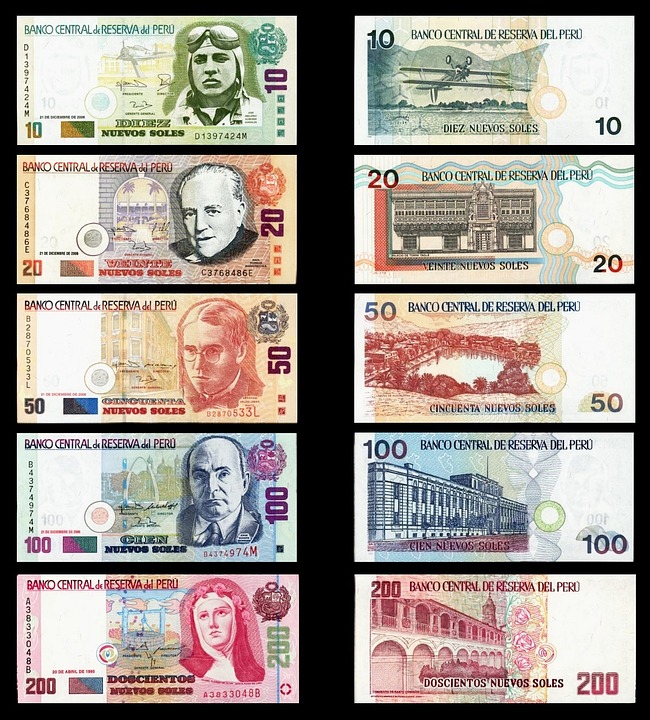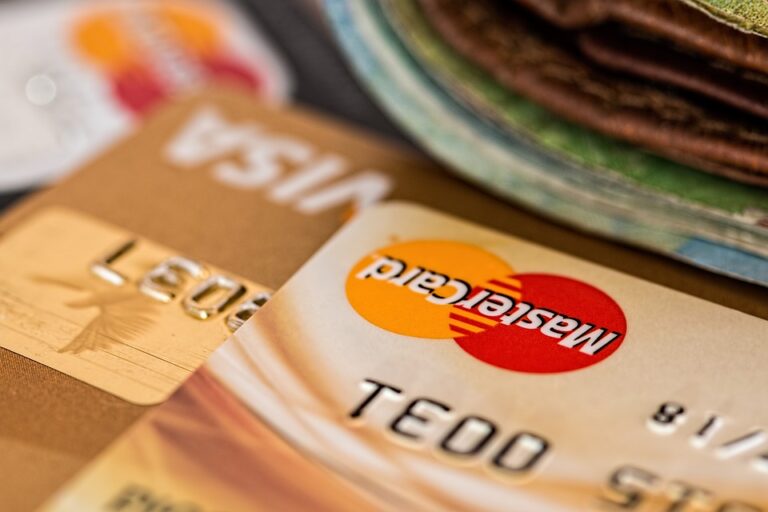Last updated Apr. 21, 2025 by Charles Zemub
Debit Card Expired – Now What?
An expired debit card can be an unexpected inconvenience, potentially disrupting your daily financial transactions. Debit cards are vital tools that facilitate everyday purchases, from buying groceries to paying for online subscriptions. When a card expires, understanding the next steps is essential to maintain seamless access to your funds. In this article, we’ll explore what happens when your debit card expires, the subsequent steps you should take, and tips to prevent any hiccups in your financial activities.
Understanding Debit Card Expiry
Debit cards typically have an expiration date printed on the front, often represented as a month and year. This expiration date is crucial for two main reasons: security and operational efficacy.
-
Security: Periodic card renewal helps financial institutions mitigate fraud risks. As card technology evolves, new cards often come with enhanced security features compared to their predecessors.
- Functionality: Over time, the physical condition of your card might degrade due to frequent usage, potentially affecting the functionality of the magnetic strip or chip. An expiration date ensures that your card is replaced before it becomes unusable.
What Happens When Your Debit Card Expires?
When your debit card expires, you will no longer be able to use it for transactions. This includes online purchases, in-store payments, and ATM withdrawals. However, your checking account associated with that card remains active, allowing you to maintain account operations through other means, such as checks or bank transfers.
Steps to Take After Your Debit Card Expires
-
Check for a Replacement Card: Most banks automatically mail a new card to your registered address before your current card expires. If you have not received a replacement card close to the expiration date, reach out to your bank’s customer service.
-
Update Payment Information: After receiving your new card, update your payment information for any recurring charges, such as subscriptions and utility bills, to prevent disruptions in service.
-
Dispose of Your Old Card Safely: Once your new card is activated, ensure you safely dispose of your expired card by cutting it into pieces, especially through the magnetic strip and chip, to prevent fraud.
-
Monitor Financial Activity: Keep an eye on your bank statements and account activity to ensure there are no unauthorized charges, especially during the transition period.
- Set a Reminder for the New Expiration Date: As you receive a new card, note down its expiration date to avoid future surprises. Consider marking a reminder on your calendar.
Preventing Disruptions in Service
-
Stay Updated with Your Bank: Regularly check your bank’s communication channels, such as emails or text alerts, to ensure you receive timely updates about your card status.
-
Maintain Multiple Payment Options: Having more than one payment method, such as credit cards or a digital wallet, can provide a safety net against any disruptions caused by an expired debit card.
- Regularly Verify Personal Information: Make sure your contact information is always up-to-date with your bank to prevent any miscommunication regarding card delivery.
Benefits of Expired Card Replacement
Replacing your card upon expiration often means gaining access to newer technology and better security measures. Here’s what you might expect from a new card:
-
Enhanced Security Features: New cards might offer improved data encryption and fraud detection technologies, such as EMV chips or contactless payment capabilities.
-
Updated Design and Materials: Banks sometimes update card designs for improved durability and practicality, incorporating features like tap-to-pay functionality.
- Additional Benefits: Depending on your bank, a new card might come with updated loyalty programs or cashback offers, adding value to your financial transactions.
✓ Short Answer
Expired debit cards cannot be used for transactions. Typically, your bank sends a replacement card before the expiration date. Ensure you receive it, activate it, and update any stored payment information linked to your old card. In case you don’t receive a new card, contact your bank for assistance and continue monitoring your account for unauthorized activities. An expired card doesn’t affect your account status, but having updated payment methods prevents service disruptions.
✓ Short Answer
Expired debit cards cannot be used for transactions. Typically, your bank sends a replacement card before the expiration date. Ensure you receive it, activate it, and update any stored payment information linked to your old card. In case you don’t receive a new card, contact your bank for assistance and continue monitoring your account for unauthorized activities. An expired card doesn’t affect your account status, but having updated payment methods prevents service disruptions.
Additional Considerations for Businesses
For businesses, managing debit card expirations is slightly more complex, given the higher volume of transactions and payment dependencies. Here are a few additional tips:
-
Notify Vendors: Inform your vendors or service providers in advance if your business relies on a debit card for automatic payments. This step ensures uninterrupted service and maintains your business’s operational flow.
-
Implement Card Management Systems: Businesses might consider using financial software that tracks card expiration dates and sends reminders, ensuring timely replacements.
- Secure Backup Payment Methods: Maintain alternative payment solutions for business continuity in case an expired card slips through the cracks.
FAQs
1. How do I know when my debit card expires?
Your debit card has an expiration date printed on the front, usually in the format of month/year (MM/YY). The card will cease to function starting in the month following this date.
2. What should I do if I haven’t received my new card?
Contact your bank’s customer service immediately. Ensure your address and personal details on record are accurate and up-to-date.
3. Can I still use my expired debit card for online transactions?
No, once a card has expired, it cannot be used for any transactions, whether online or in physical stores.
4. Does an expired card affect my bank account balance?
No, the expiration of a debit card does not affect your account balance or status. Any funds remain accessible for withdrawal or transfer through other means.
5. How can I prevent unauthorized access to my old card?
Destroy your expired card by cutting through the magnetic strip and chip to ensure it cannot be reused. Consider shredding any related documents.
6. What happens if I try using an expired card?
The transaction will be declined. If you depend on this card for critical services, ensure you activate and use your new card promptly.
Following these steps and tips after your debit card expires ensures that your financial activities remain seamless and uninterrupted. By staying proactive, you can avoid potential disruptions and safeguard your financial well-being.




